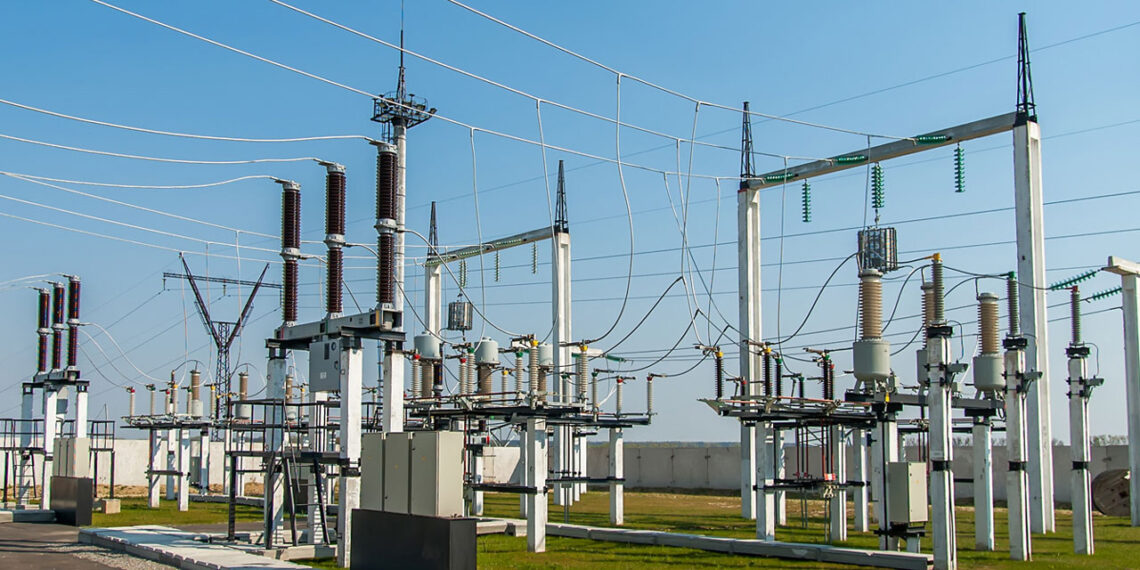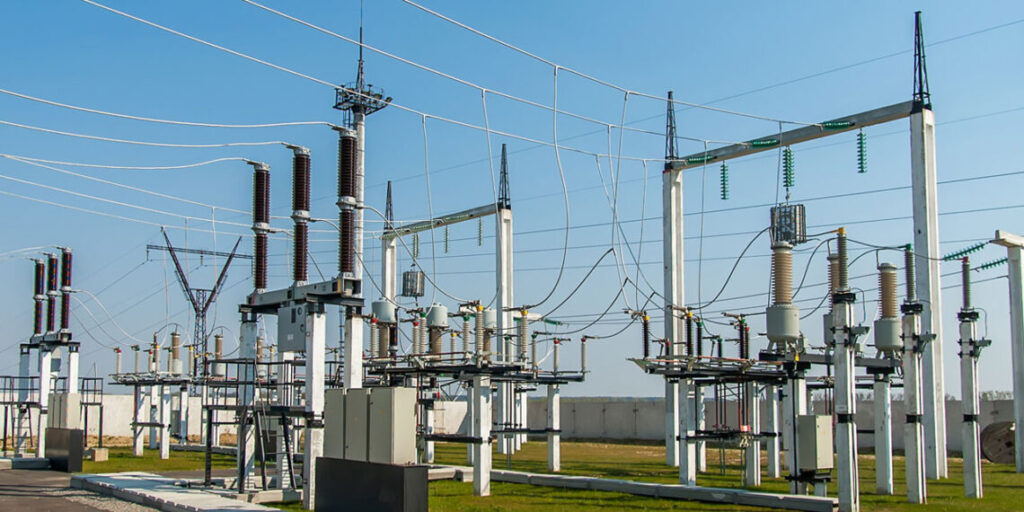The 2023 Electricity Act, assented by President Tinubu, replaced the Electricity and Power Sector Reform Act of 2005. The Act aims to bring about the de-monopolization of Nigeria’s electricity generation, transmission, and distribution of electricity at the National level and empower states, companies, and individuals to generate, transmit and distribute electricity.
The aim of the Act is to create a comprehensive legal and institutional framework to guide the Nigerian Electricity Supply Industry (NESI) and consolidates all legislations dealing with the electricity supply industry to provide an ideal Institutional framework. The objective of said framework is to guide the post-privatization phase of the NESI as well as encourage private sector investments in the sector.
Highlights of the Act
State Electricity Empowerment & De-monopolization of the Power sector
The Act ensures the de-monopolization of Nigeria’s electricity generation, transmission, and distribution at the National level and empowers states, companies and individuals to generate, transmit and distribute electricity. These efforts allow for increased private sector participation, attracting new investors and promoting innovation in the sector. Under the Act, states can issue licenses to private investors who can operate mini-grids and power plants within the state. However, the Act precludes interstate and transnational electricity distribution.
The licenses obtainable by private investors under the Act, include (i) generation licenses, (ii) transmission licenses, (iii) system operations licenses, (iv) trading licenses, and (v) distribution and supply licenses. These licenses enable private entities to participate in different aspects of the electricity value chain, promoting competition, and encouraging innovative solutions to meet the growing energy needs of Nigeria

Powers of NERC
The Act enhances the powers and independence of regulatory bodies overseeing the power sector. Under the Act, the Nigerian Electricity Regulatory Commission (NERC) will be able to regulate the electricity sector within Nigeria without prejudice to the powers of the states to make laws, create electricity markets within those states and to regulate those markets. The Act mandates how NERC can transition regulatory responsibilities from itself to state regulators when they are established. Until a state has passed its electricity market laws, NERC will continue to regulate electricity business exclusively carried out in those states.
As of date, Lagos, Edo and Kaduna states already have electricity market laws and can start regulating their market. But for other states without such laws, the NERC will continue to fulfil its regulatory responsibilities. NERC will still carry out cross-border regulations i.e. generation, and transmission across states will still be regulated by NERC.
In addition to empowering the Commission, the Act also establishes other specific bodies with distinct mandates. These bodies include the National Hydroelectric Power Producing Area Development Commission, the Rural Electrification Agency, the Nigerian Electricity Management Services Agency, and the National Power Training Institute of Nigeria.
Role of lawmakers
The Act grants lawmakers the power to carry out oversight responsibilities and function over the NESI through its respective Committees on Power in the Senate and House of Representatives. This is to be carried out notwithstanding the supervisory powers of any government Ministry over government-owned enterprises or other entities operating in the Nigerian electricity supply industry.
Empowering renewable energy
Electricity generation licensees are obligated to meet renewable generation obligations as may be prescribed by NERC. Under the Act, electricity generating companies will be mandated to either generate power from renewable energy sources, purchase power generated from renewable energy or procure any instrument representing renewable energy generation. The Electricity Act also mandates the imposition of renewable purchase obligations on distribution or supply licensees.
The Act also introduces mechanisms to incentivize investment in renewable energy projects, such as feed-in tariffs -a policy that guarantees a fixed price for renewable electricity fed into the grid-and tax incentives.
Rural Electrification
The Act recognizes the critical importance of extending electricity access to rural and underserved areas of Nigeria. To address this crucial aspect, the Act establishes the Rural Electrification Agency (the “Agency”) and tasks it with the responsibility of implementing rural electrification initiatives and bridging the electricity gap in remote and marginalized communities.
Consumer Protection Measures
The Act places a strong emphasis on consumer rights and protection. It mandates the establishment of mechanisms to ensure fair pricing, accurate billing, and quality service delivery. Consumer complaint resolution processes are streamlined, providing avenues for consumers to seek redress and voice their concerns. While the recent Customer Protection Regulation, 2023 (the “Regulation”) by the Commission aligns with the consumer protection provisions of the Act, it is essential to modify the Regulation to ensure harmonization with the Act’s specific provisions.
Tariff Regulations and Transparency
The Act introduces a transparent tariff-setting process, ensuring that electricity tariffs are reasonable, cost-reflective, and based on efficient cost structures. It mandates the publication of tariff methodologies, allowing consumers and stakeholders to understand the basis for tariff calculations. Tariff regulations aim to balance the financial viability of power providers with the affordability of electricity for consumers.
Further Information
The Act also states that anyone may construct, own or operate an undertaking for generating electricity not exceeding 1 megawatt (MW) in aggregate at a site or an undertaking for distribution of electricity with a capacity not exceeding 100 kilowatts (KW) in aggregate at a site, or such other capacity as NERC may determine from time to time, without a license.
IMPLICATIONS FOR SOLAR COMPANIES
For companies specialising in providing solar power the new Act presents several opportunities and implications as highlighted below.

Embracing Renewable Energy
The Act places a strong emphasis on renewable energy sources, including solar power, by recognizing their importance in Nigeria’s energy mix. The Act mandates electricity companies to either generate power from renewable energy sources or purchase power generated from renewable energy sources. This acknowledgment could pave the way for increased support, incentives, and investments in solar energy projects across the country.
Feed-in Tariffs
The Act introduces the concept of feed-in tariffs, providing a mechanism for solar power producers to sell excess electricity generated from solar installations back to the grid at a predetermined price. This incentive encourages the deployment of solar energy systems and incentivizes private investments in solar projects.
Independent Power Producers (IPPs)
The Act promotes the participation of Independent Power Producers, including solar energy developers, in the power sector. This opens up opportunities for solar companies to generate and supply electricity from solar sources, driving innovation and efficiency in solar power generation.
Off-Grid and Mini-Grid Solutions
Recognizing the need to extend electricity access to underserved communities, the Act encourages the development of off-grid and mini-grid solutions. Solar energy plays a vital role in these decentralized systems, providing clean and reliable power to remote areas where grid connectivity is challenging.
The Act entrusts the Rural Electrification Agency with the development and utilisation of renewable energy sources and an enabling environment to attract investment in rural areas. Working with the Agency presents an opportunity for companies to provide solar energy for communities in rural or underserved areas.
Simplified Licensing Processes
The Act streamlines the licensing processes for solar energy projects, making it easier for developers to obtain the necessary permits and approvals. This simplified framework reduces bureaucratic hurdles and accelerates the deployment of solar installations, stimulating growth in the sector.
Net Metering
The Act incorporates provisions for net metering, enabling solar energy system owners to offset their electricity bills by feeding excess solar power into the grid. This mechanism encourages the adoption of rooftop solar installations, incentivizing consumers to become prosumers and contribute to the overall solar energy capacity.
Conclusion
In conclusion, the 2023 Electricity Act marks a significant shift in Nigeria’s approach to its power sector, superseding the 2005 Electricity and Power Sector Reform Act. Enacted with the goal of de-monopolizing the national electricity landscape, the Act empowers states, companies, and individuals to participate in the generation, transmission, and distribution of electricity.
For solar energy companies, the Act opens numerous opportunities. It emphasizes renewable energy, introduces feed-in tariffs, supports Independent Power Producers, encourages off-grid solutions, and simplifies licensing for solar projects. Collaboration with the Rural Electrification Agency aligns with the broader mission to provide solar solutions in underserved areas.
In essence, the Act not only transforms the power sector but also creates a favourable landscape for solar energy companies to thrive, contributing significantly to Nigeria’s sustainable energy future.

